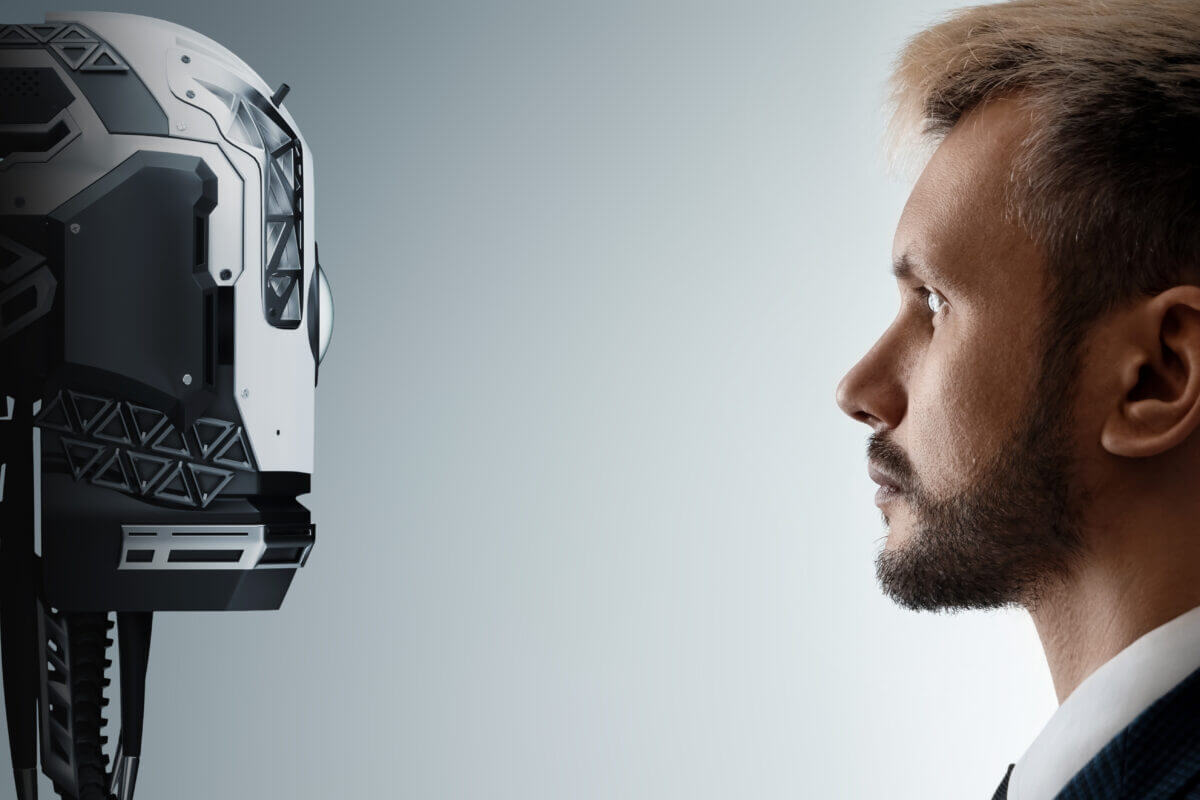
`)
}
});
} else {
$(‘.blur’).css({
‘background’: ‘linear-gradient(95deg, #4e4e4e 25%, #000 45%, #bbb 75%, #FFFFFF 100%) 98%/200% 100%’,
‘text-transform’: ‘inherit’,
‘-webkit-background-clip’: ‘text’,
‘background-clip’: ‘text’,
‘-webkit-text-fill-color’: ‘transparent’
})
$(“.wpb_content_element”).append(`
Want to read more?
Click on the button below to access all premium content
articles by purchasing one of our educational packages
`)
}
});
Can we control Artificial Intelligence (Ai) or will it control us?
In 1818 Mary Shelley published a new and groundbreaking novel called Frankenstein. The effect was to introduce a new genre into the world of literature, that of the supernatural. The story itself follows the ambitious scientist Victor Frankenstein who is driven by a desire to overcome death and unlock the secrets of life. To do this he uses his skills and ingenuity to create a human-like creature from reanimated body parts. So far, so good, except that not long afterwards the creature escapes his creator’s control. This is the root of the many problems which ensue.
With the arrival of the Industrial Revolution and its many advancements in science and technology, the pertinent question on many lips was, “Where is all this leading, and by extension, where will it all end?” The progress being made brought both obvious benefits, such as new products like railway trains and new building components, such as inexpensive steel. However, at the same time it also brought equally obvious disadvantages, such as polluted towns and people having to live in slums. But in addition to these, people began to wonder whether there were other hidden consequences which might be out of man’s control and which everyone might come to regret. In a nutshell, what happens when man starts to explore science and develop technology in such ways that one might think he were playing God?

